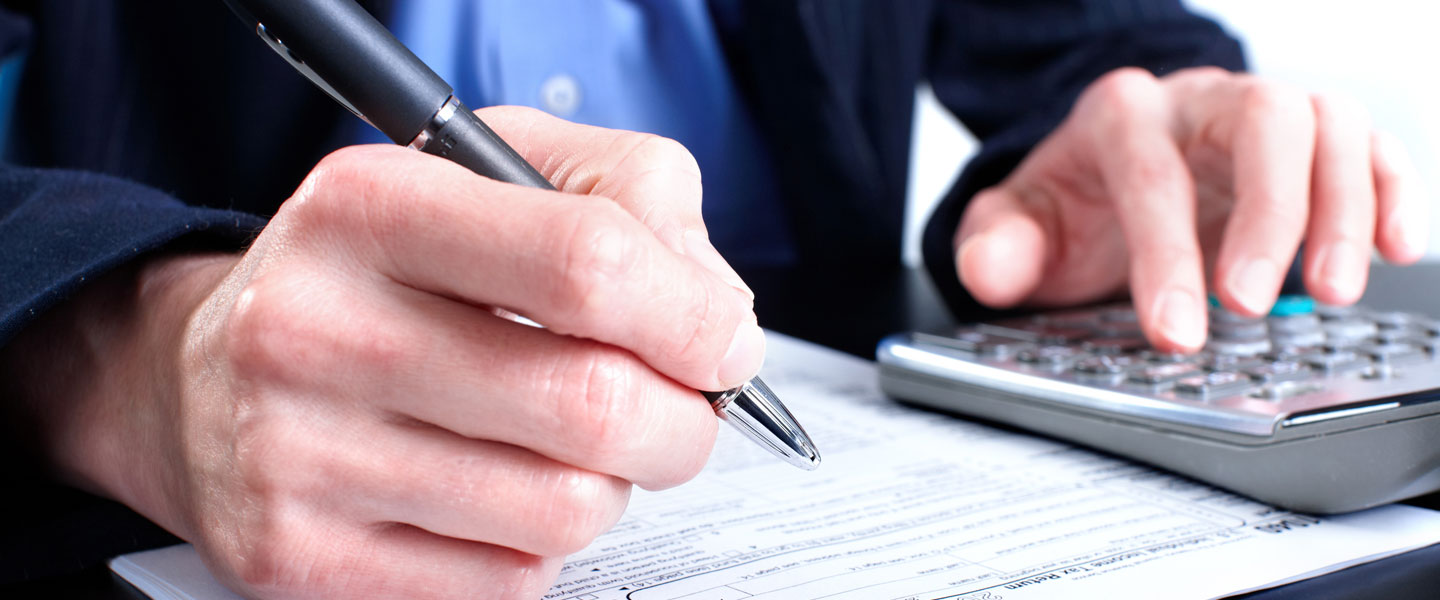IRS sets Jan. 23 as official start to 2023 tax filing season
WASHINGTON – The Internal Revenue Service announced Monday, Jan. 23, 2023, as the beginning of the nation’s 2023 tax season when the agency will begin accepting and processing 2022 tax year returns.
More than 168 million individual tax returns are expected to be filed, with the vast majority of those coming before the April 18 tax deadline. People have three extra days to file this year due to the calendar.
With the three previous tax seasons dramatically impacted by the pandemic, the IRS has taken additional steps for 2023 to improve service for taxpayers. As part of the August passage of the Inflation Reduction Act, the IRS has hired more than 5,000 new telephone assistors and added more in-person staff to help support taxpayers.
“This filing season is the first to benefit the IRS and our nation’s tax system from multi-year funding in the Inflation Reduction Act,” said Acting IRS Commissioner Doug O’Donnell. “With these new additional resources, taxpayers and tax professionals will see improvements in many areas of the agency this year. We’ve trained thousands of new employees to answer phones and help people. While much work remains after several difficult years, we expect people to experience improvements this tax season. That’s just the start as we work to add new long-term transformation efforts that will make things even smoother in future years. We are very excited to begin to deliver what taxpayers want and our employees know we could do with this funding.”
These steps took place as the IRS worked for months to prepare for the 2023 tax season. The Jan. 23 start date for individual tax return filers allows the IRS time to perform annual updates and readiness work that are critical to ensuring IRS systems run smoothly. This is the date IRS systems officially begin accepting tax returns. Many software providers and tax professionals are already accepting tax returns; they will transmit those returns to the IRS when the agency begins accepting tax returns on Jan. 23.
The IRS urges people to have all the information they need before they file a tax return. Filing a complete and accurate tax return can avoid extensive processing and refund delays as well as avoid the possibility of needing to file an amended tax return.
In addition, the IRS encourages people to carefully review their tax situation to make sure they don’t overlook important tax credits they may be eligible for, like the Earned Income Tax Credit (EITC). The IRS has set a special day on Jan. 27 to encourage people to make sure they understand the important benefits of the EITC, a credit that can help low- and moderate-income workers and families.
The IRS has a variety of free services available to help people. The IRS’s Volunteer Income Tax Assistance and Tax Counseling for the Elderly programs also offer free basic tax return preparation to qualified individuals. People can also get help from trusted tax professionals, commercially available tax software as well as IRS Free File, which provides free electronic filing of tax returns.
April 18 tax filing deadline in 2023
The filing deadline to submit 2022 tax returns or an extension to file and pay tax owed is Tuesday, April 18, 2023, for most taxpayers. By law, Washington, D.C., holidays impact tax deadlines for everyone in the same way as federal holidays. The due date is April 18, instead of April 15, because of the weekend and the District of Columbia’s Emancipation Day holiday, which falls on Monday, April 17.
Taxpayers requesting an extension will have until Monday, Oct. 16, 2023, to file.
Tips to help people with the 2023 tax season
The IRS recommends several things for people to keep in mind for a smooth filing experience this year:
Have the right information before filing. The IRS encourages individuals to have all the information they need before filing a complete and accurate return. Organize and gather 2022 tax records including Social Security numbers, Individual Taxpayer Identification Numbers, Adoption Taxpayer Identification Numbers and this year’s Identity Protection Personal Identification Numbers valid for calendar year 2023.
Filing an accurate tax return can help taxpayers avoid delays or later IRS notices. Sometimes this means waiting to make sure individuals have accounted for all their income and the related documents. This is especially important for people who may receive one of the various Forms 1099 from banks or other payers reporting unemployment compensation, dividends, pension, annuity or retirement plan distributions.
People should also remember that most income is taxable, including unemployment income, interest received or money earned from the gig economy or digital assets. Individuals should make sure they report the correct amount on their tax return to avoid processing delays.
Visit IRS.gov first for questions. The IRS reminds people to visit IRS.gov first for common questions and also to check on the status of their refunds. IRS.gov has much of the same information that IRS phone assistors have.
The IRS anticipates making significant improvements to phone service this year for taxpayers and tax professionals as more training for new phone assistors is completed in the weeks ahead. However, the IRS emphasizes it’s important to note that call volumes remain at historically high levels. The IRS urges people to visit IRS.gov for the information they need.
“Our phone volumes remain at very high levels,” O’Donnell said. “For faster access to information, we urge people to start with IRS.gov. From there, taxpayers can quickly access the variety of free resources available to help taxpayers anytime, day or night.”
Speed refunds by filing electronically and choosing direct deposit. There are important steps people can take to help ensure their tax return and refund are processed without delays. The most important is to file electronically with direct deposit. This is still the fastest and easiest way to file and receive a refund. To avoid delays in processing, people should avoid filing paper returns wherever possible.
To speed refunds, the IRS urges people to file electronically with direct deposit information as soon as they have everything needed to file an accurate return. Individuals can use a bank account, prepaid debit card or mobile app to use direct deposit and will need to provide routing and account numbers with their return. Learn how to open an account at an FDIC-insured bank or through the National Credit Union Locator Tool.





